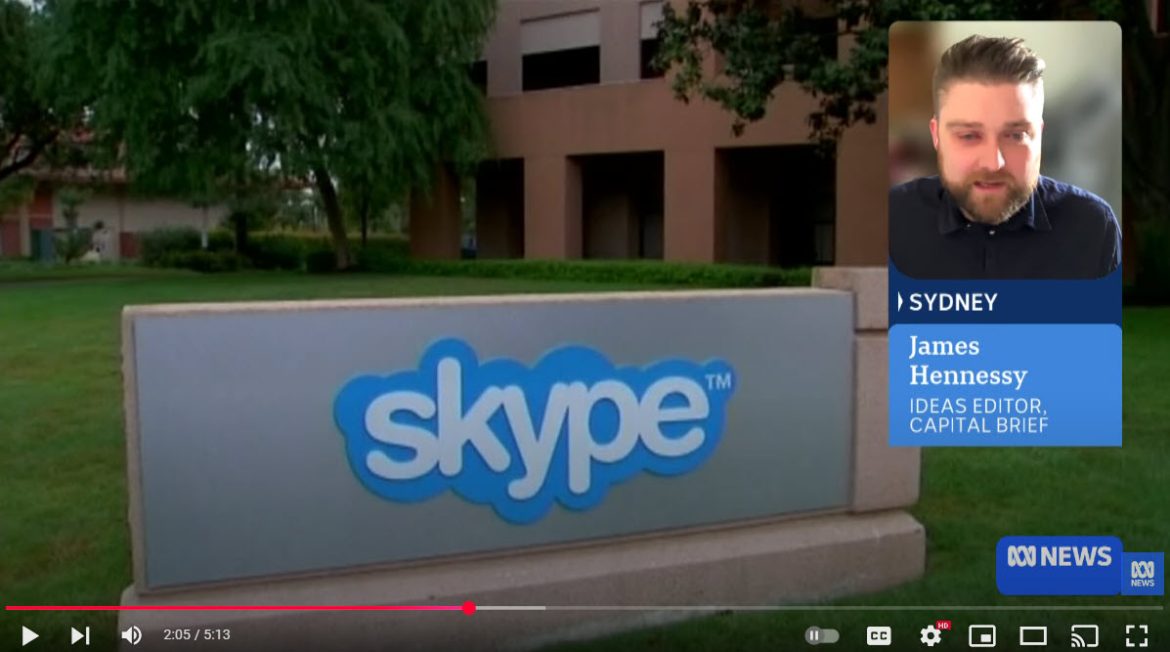Microsoft announces that it will retire its long-standing communication platform, Skype, on May 5, 2025, as part of a strategic move to concentrate on its more recent offering, Microsoft Teams. This decision marks the end of an era for a service that revolutionized internet-based communication since its launch in 2003.
Skype, acquired by Microsoft in 2011 for $8.5 billion, was once synonymous with video calling and Voice over Internet Protocol (VoIP) services. Over the years, however, the platform faced stiff competition from emerging services like Zoom, WhatsApp, and Google’s communication tools, leading to a decline in its user base. Recent reports indicate that daily users have dwindled to approximately 36 million as of February 2023.
In contrast, Microsoft Teams, introduced in 2017, has experienced rapid growth, especially during the COVID-19 pandemic, becoming a central hub for collaboration within the Microsoft 365 suite. Teams integrates chat, video meetings, and file storage, catering to both corporate environments and personal use. The platform’s versatility and seamless integration with other Microsoft services have positioned it as a preferred choice for many users.
Jeff Teper, President of Microsoft’s Collaborative Apps and Platforms, comments on the transition, stating that evolving communication methods necessitate streamlining services to better cater to customer needs. This move aims to consolidate Microsoft’s communication offerings, reducing redundancy and focusing resources on enhancing Teams’ capabilities.
For existing Skype users, Microsoft assures a smooth transition process. Users can sign into Microsoft Teams using their current Skype credentials, ensuring continuity of contacts and conversations. Detailed guidance on migrating to Teams or exporting data is available on Microsoft’s support page. Users are encouraged to complete this transition before the May 5 deadline to avoid any disruption in service.
While Teams offers a robust set of features, some users may explore alternative communication platforms. Options such as WhatsApp, FaceTime, Zoom, Slack, and Viber provide various functionalities that might suit different preferences and requirements.
The retirement of Skype symbolizes a significant shift in the landscape of digital communication tools. As technology evolves, platforms must adapt to changing user needs and preferences. Microsoft’s decision reflects its commitment to providing integrated and efficient solutions, with Teams at the forefront of its communication strategy.
Source Links:
- Microsoft’s Official Announcement
- Transition Guide from Skype to Microsoft Teams
- Bloomberg: Microsoft to Shut Down Skype
- The Verge: Microsoft is Shutting Down Skype
- LifeWire: Top Skype Alternatives



